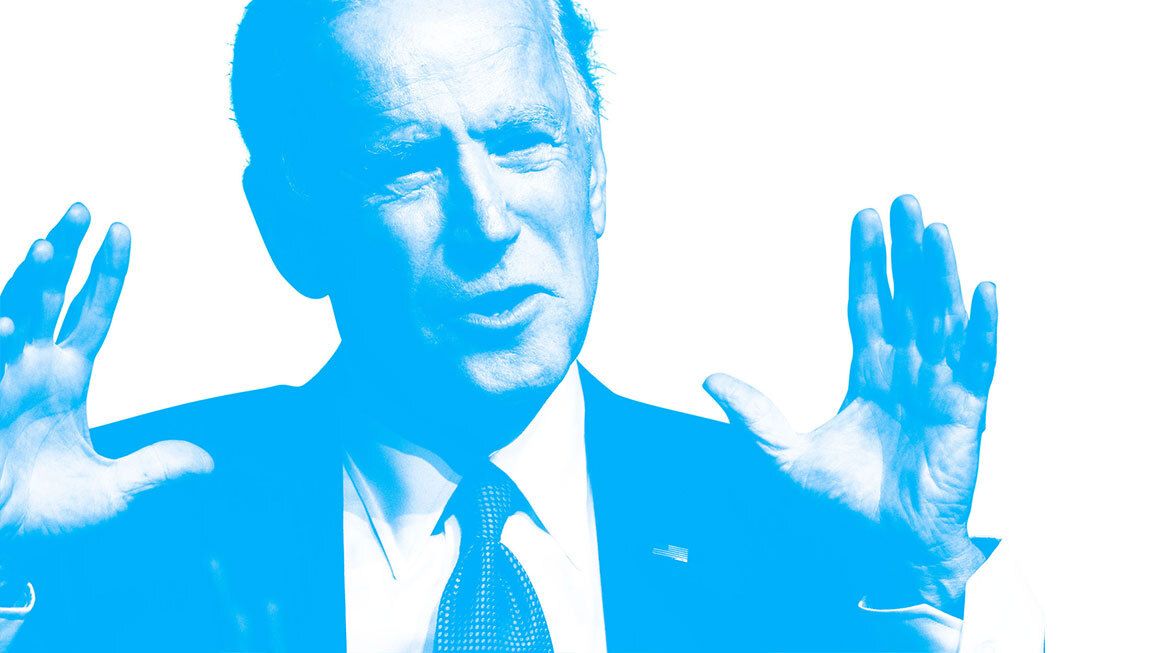Biden Failed To Deescalate the Drug War
Though he commuted some drug offenders' sentences, Biden never delivered on the rest of his drug reform promises.

In the January 2025 issue of Reason, we're giving performance reviews of Joe Biden's presidency. Click here to read the other entries.
When he was hired for his current position, Joe Biden set ambitious goals for himself on the drug policy front. He promised to "eliminate mandatory minimums"; "end, once and for all, the federal crack and powder cocaine disparity"; "decriminalize the use of cannabis and automatically expunge all prior cannabis use convictions"; and "use the president's clemency power to secure the release of individuals facing unduly long sentences for certain non-violent and drug crimes."
As president, Biden had the unilateral power to accomplish just one of these five things. Not coincidentally, that is the only action item on which he made progress after starting work in January 2021.
As of early November, Biden had commuted 132 sentences, nearly all of which involved drug offenses. That was 38 more commutations than his predecessor, Donald Trump, granted over four years, although it paled beside the 1,714 granted by President Barack Obama in his second term—or the 65,000 federal prisoners serving time for drug trafficking.
Biden said he would "work for the passage of legislation to repeal mandatory minimums at the federal level." That did not happen.
Citing the precedent set by the Fair Sentencing Act of 2010, which reduced the scientifically baseless and racially skewed penal disparity between the smoked and snorted forms of cocaine, Biden said his administration "will eliminate this disparity completely" and "ensure that this change is applied retroactively." That did not happen either.
Regarding marijuana, Biden did issue mass pardons for people convicted of simple possession under federal law. But contrary to his claim that he was thereby "expunging thousands of convictions," those pardons did not have that effect, which would require new legislation. Nor did the pardons free any prisoners or "decriminalize the use of cannabis." Simple possession is still a federal misdemeanor punishable by a minimum $1,000 fine and up to a year in jail.
Biden also ordered a regulatory review that resulted in a proposal to move marijuana from Schedule I of the Controlled Substances Act, a category supposedly reserved for the most dangerous and least medically useful drugs, to Schedule III, which includes prescription medications such as ketamine, Tylenol with codeine, and anabolic steroids. The main benefits of that change would be reduced bureaucratic barriers to medical research and a big tax benefit for state-licensed marijuana businesses. But contrary to Biden's promise that he would "support the legalization of cannabis for medical purposes," reclassifying marijuana does not accomplish that, which would require regulatory approval of specific cannabis-based products.
Biden also said he would "leave decisions regarding legalization for recreational use up to the states." But while an annually renewed spending rider that predates Biden's presidency shields medical marijuana suppliers from the threat of criminal charges and civil asset forfeiture, prosecutorial discretion is the only protection for businesses that serve the recreational market. Moving marijuana to Schedule III does not change that situation, because it does not resolve the conflict between federal prohibition and state marijuana laws. That would require repealing the federal ban—a step that Biden has steadfastly resisted.
In short, Biden thinks big but has a problem with follow-through. His moves toward reducing the damage done by the drug war have been consistently disappointing, failing to match rhetoric with action.
Drug policy performance review: lacks initiative on projects that require collaboration
This article originally appeared in print under the headline "Hesitant on Next Steps To De-escalate the Drug War."


Show Comments (14)